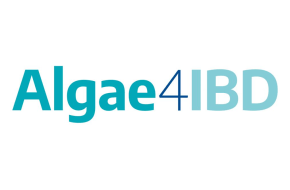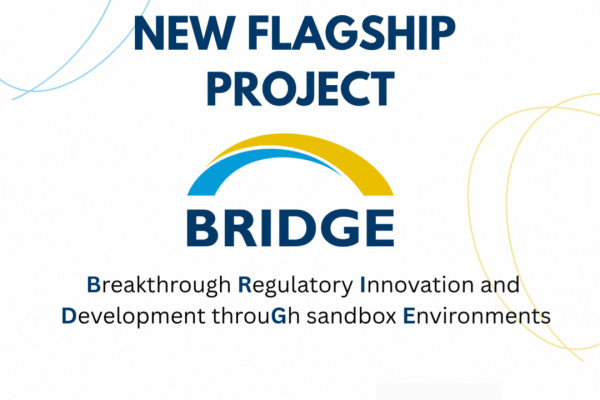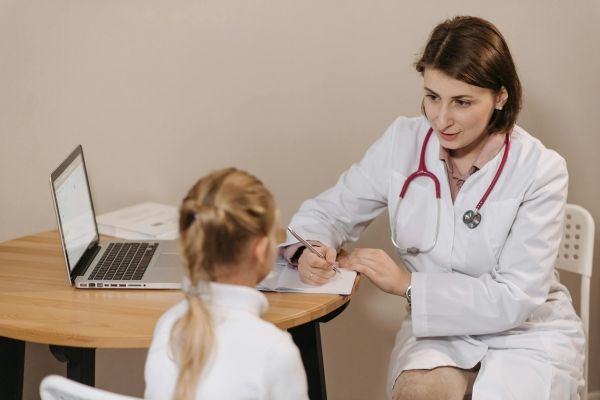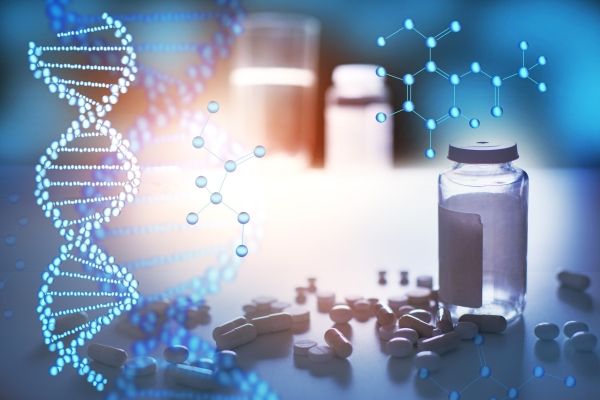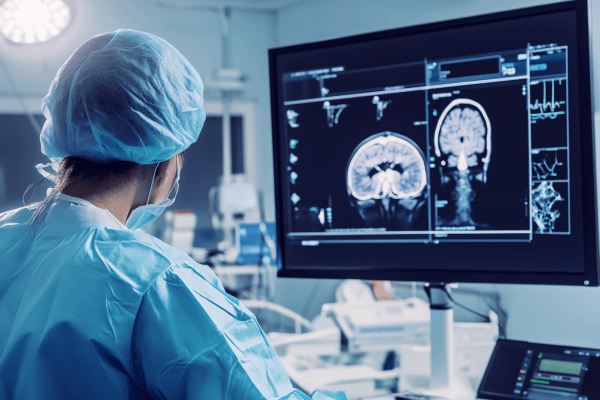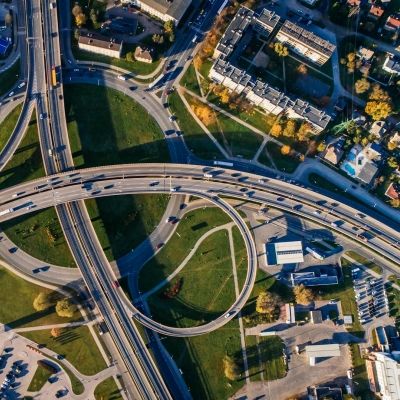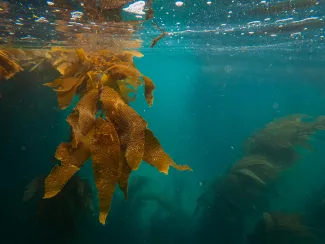
Algae4IBD: the potential of algae for inflammatory bowel disease (IBD)
Algae4IBD is an EU-funded research initiative. Over a period of four years, we will study undervalued and unexplored algae, primarily to investigate their pain-relieving, anti-inflammatory, prebiotic, or antibiotic effects for people with IBD (Inflammatory Bowel Disease, a chronic intestinal inflammation).
Algae with an untapped potential for our health
In our oceans, rivers and lakes lies a nearly untapped potential to improve our health, more specifically in the form of algae.
Cyanobacteria, microalgae, and macroalgae produce an infinite variety of molecules, many of which have properties beneficial to our health. They can relieve pain, reduce inflammation, or boost our microbiome (the ecosystem of protective microorganisms living in our gut). However, most algae remain unstudied, and their health potential untapped.
Improve the well-being of IBD patients
The goal of Algae4IBD is to develop functional food and medications that relieve the symptoms of chronic intestinal inflammation (IBD). Key characteristics of IBD are pain, inflammations and an imbalanced gut-microbiome.
By harnessing the combined power of algae, we aim to improve the well-being of IBD patients. IBD is a complex disease whose incidence is steadily increasing. Patients often require tailored therapies, which can be expensive. Yet not everyone responds to the available treatments, leaving some with only one option: surgical removal of parts of their bowel. This underscores the urgent need for new medicines.
The Algae4IBD project focuses on providing orally available, cost-effective solutions for IBD patients (both children and adults) using algal compounds.
VITO’s part in Algae4IBD
- Bioactivity-guided fractionation of diverse algae biomass types (both microalgae and macroalgae) using various technologies to obtain high amounts of active compounds.
- Digestibility assays: We assess the techno-functional properties of the identified compounds and simulate the oral, gastric, and intestinal digestion of the active compounds.
Funding
Algae4IBD was funded by the European Union’s research and innovation program Horizon 2020 as part of the grant agreement nr. 101000501.




